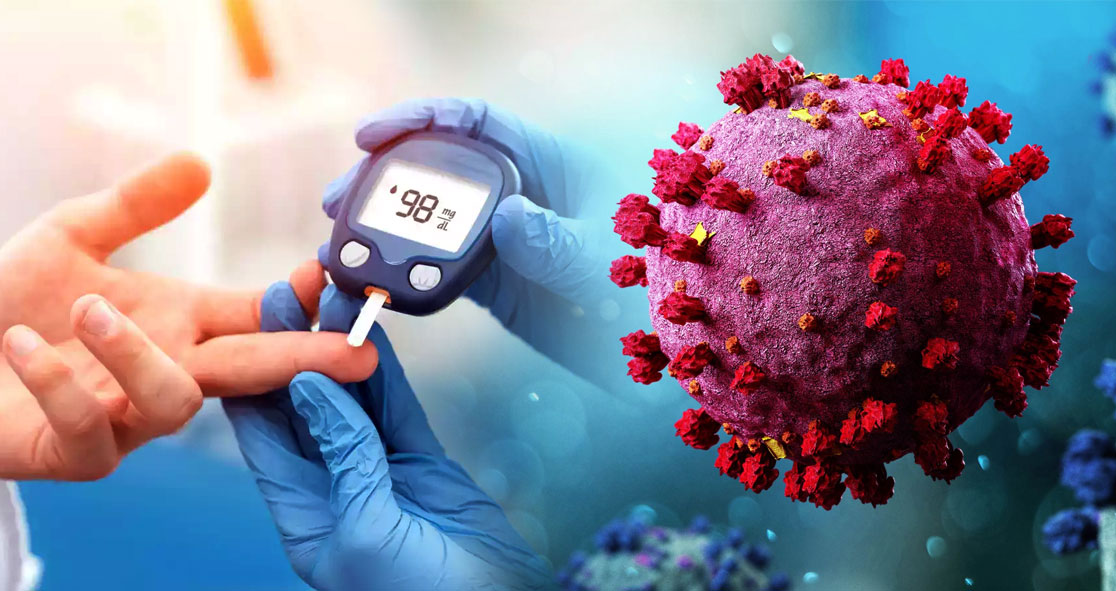A new study published in Diabetologia has found that people who have had COVID-19 infection are at increased risk of developing type 2 diabetes, according to Science Daily.
Researchers from the German Diabetes Center (DDZ), German Center for Diabetes Research (DZD), and IQVIA (Frankfurt) conducted the retrospective cohort study, suggesting that Long COVID could lead to type 2 diabetes.
Previous research has shown that the SARS-CoV-2, the virus that causes COVID-19, can target the pancreas. After a COVID-19 infection, the researchers found reduced numbers of insulin secretory granules in beta cells and impaired glucose-stimulated insulin secretion, according to Science Daily.
The investigators also found that after COVID-19 illness, some patients with no history of diabetes developed insulin resistance and had elevated blood sugar levels.
COVID-19 infection may lead to a strong response of cytokines – pro-inflammatory signaling substances. Eventually, the activation of the immune system may persist for months after the infection, impairing insulin effectiveness.
However, it is unclear whether these metabolic changes are temporary or the virus increases the risk of persisting diabetes.
In the current study, the researchers looked at more than 1,170 physician practices across Germany from March 2020 to January 2021. Overall, they analyzed nearly 8.8 million patients.
The study’s first author Dr. Wolfgang Rathmann said, “The aim of our study was to investigate the incidence of diabetes after infection with SARS-CoV-2.”
In the control group, the researchers selected people with acute upper respiratory tract infections (AURI), which are commonly caused by viruses. During the study period, 35,865 people were diagnosed with COVID-19.
“Our analyses showed that patients with COVID-19 developed type 2 diabetes more frequently than people with AURI,” explained Dr. Rathmann. “The incidence of diabetes with COVID-19 infection was 15.8 compared to 12.3 per 1000 people per year with AURI.”
Summarizing the findings, Dr. Rathmann added, “Statistical analysis resulted in an incidence rate ratio (IRR) of 1.28. Put simply, this means that the relative risk of developing type 2 diabetes was 28% higher in the Covid-19 group than in the AURI group.”
Type 2 diabetes is unlikely to be a major cause of concern for the vast majority of people with mild COVID-19 illness. However, the researchers said people who have recovered from COVID-19 should be cautious and seek help if they experience warning signs and symptoms of type 2 diabetes, such as frequent urination, increased thirst, increased appetite, and fatigue.























